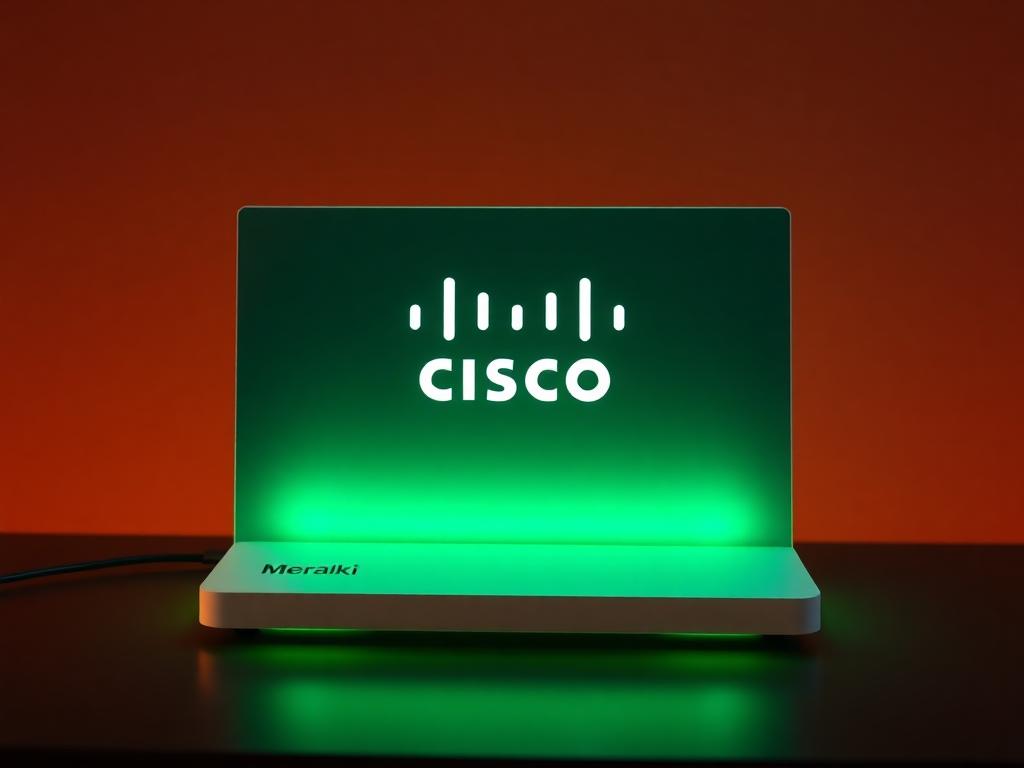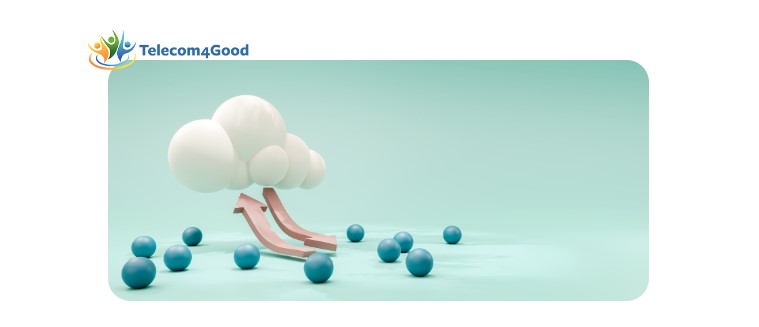Cisco Meraki licenses are typically offered in durations of 1, 3, 5, 7, or 10 years and include software updates, technical support, and access to advanced features. Choosing between Co-Term and PDL depends on an organization’s size, scalability, and specific operational needs.
Posted on Monday, November 24, 2025
Meraki Licensing Models for Nonprofits
Nonprofits rely on dependable networks to keep programs, staff, and communities connected. Understanding how Cisco Meraki licensing works can help organizations maintain stable systems while managing costs and growth.

Cisco Meraki licenses

What Meraki Licensing Does
Meraki licenses keep hardware connected to the Meraki dashboard, allowing access to cloud management, updates, and security tools.
Two Licensing Models
Cisco Meraki offers two models that support different nonprofit needs.
Co-Term Licensing
Co-Term licensing places all devices under a single shared expiration date. The dashboard calculates this automatically based on all claimed licenses.
Benefits of Co-Term
One renewal date simplifies planning.
Good for small teams.
Less tracking across multiple locations
Per-Device Licensing
Per-Device licensing assigns individual expiration dates to each device, offering more control and flexibility.
Benefits of Per-Device
Each device renews on its own schedule.
Helpful for nonprofits expanding over time.
Licenses can move between networks.
Includes a 30-day grace period.
How the Models Compare
Co-Term is best for nonprofits wanting a single renewal cycle. Per-Device helps organizations with varying deployment timelines.
Comparison of Co-Term vs. Per-Device Licensing
|
Feature |
Co-Term Licensing |
Per-Device Licensing |
|
Expiration Dates |
Single expiration date for all devices in an org |
Individual expiration dates for each device |
|
Renewal |
Renew all devices at once |
Renew devices individually or in groups |
|
License Mobility |
Not available |
Move licenses between organizations or networks |
|
Expiration Date Calculation |
Averaged across all devices |
Based on the purchase date of each device |
|
Grace Period |
N/A |
30-day grace period for expired licenses |
|
Flexibility |
Less flexible |
More flexibility with license activation and renewal |
|
Best For |
Organizations with centralized device management |
Organizations with varying deployment times or needs |
Choosing a Model
Smaller or stable networks often prefer Co-Term. Growing or multi-site organizations benefit more from Per-Device licensing.
Co-term licensing is ideal for nonprofits that prefer simplicity and consistency, particularly if you manage fewer devices or your network setup will stay the same. This option simplifies the renewal process, ensuring that all devices on your network share a single expiration date. Per-device licensing is better suited for nonprofits with diverse needs across multiple locations or for organizations that add new devices at varying times. It offers greater flexibility in managing device licenses and budgets, making it easier to add and renew devices as needed.
Support Through Telecom4GoodNonprofits can save 50 percent or more on Meraki licenses through Telecom4Good’s discount program. Contact mailto:meraki-support@telecom4good.org for help.

Frequently Asked Questions
What is the main difference between the models?
Co-Term uses one shared date, while Per-Device assigns separate dates for each device.
Can nonprofits switch models?
Yes. The dashboard recalculates terms during a transition.
How long do nonprofits have to activate a license?
Per-Device offers up to 90 days before activation is required.
Can licenses move between networks?
Per-Device licenses can. Co-Term licenses cannot.
How do nonprofits get discounted pricing?
Telecom4Good provides nonprofit Meraki pricing and support.

